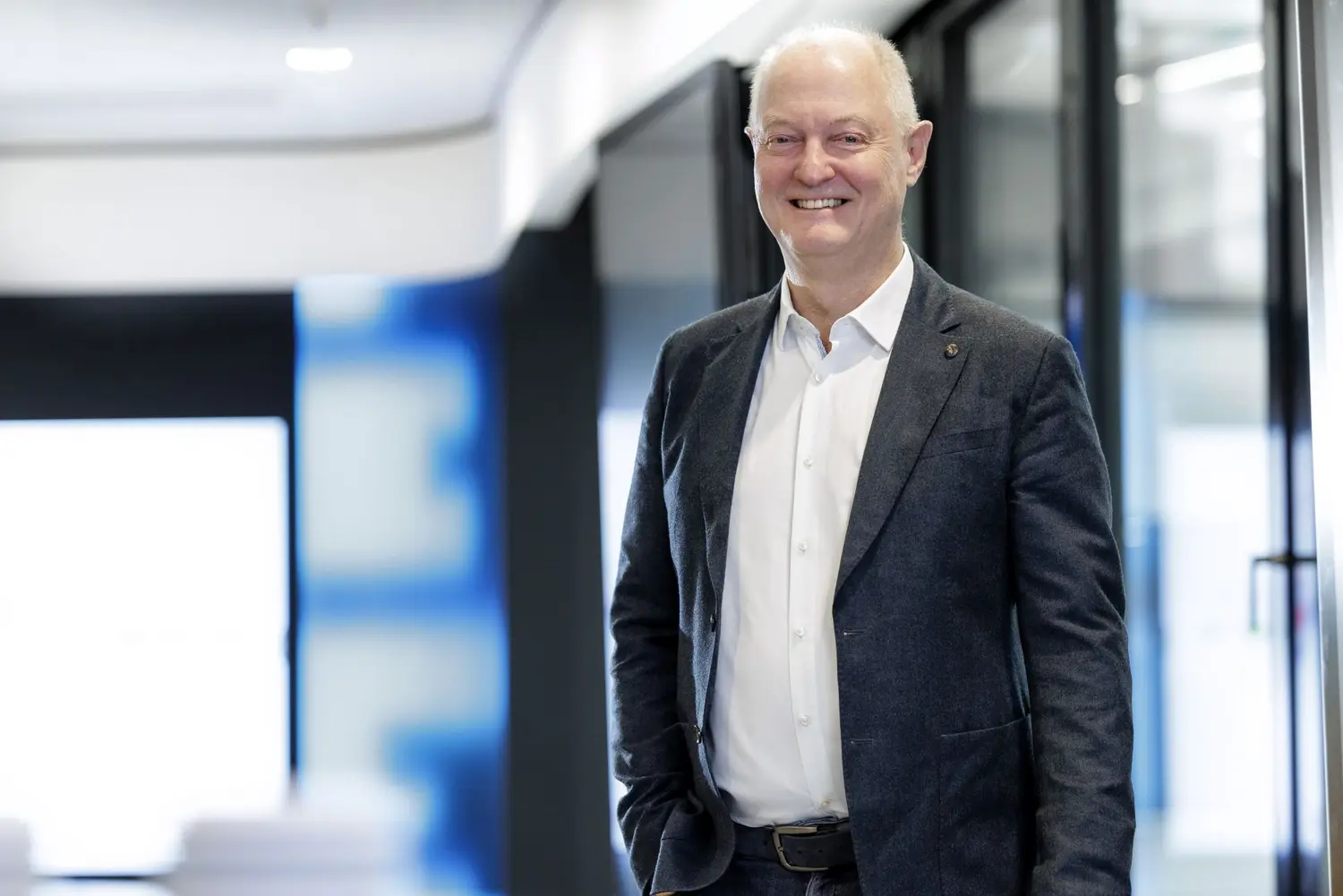未来是循环的
使用可再生能源和提高效率只能实现所需的部分温室气体减排目标。循环利用也是其中的一个重要因素。而这正是金属的优势所在,因为金属的特性非常适合可持续循环经济。
循环经济是指一种旨在避免浪费和持续利用资源的可持续经济模式。它涉及材料和产品的再利用、共享、维修、翻新和回收,以建立一个闭环系统,减少资源消耗,最大限度地减少废物、污染和碳排放的产生。金属特别适合循环经济,因为它们非常耐用,理论上可以无限次循环利用,而不会影响其质量。回收利用间接避免了矿石开采、加工和运输以及初级金属生产过程中的排放,同时提高了稀有元素的供应,特别是在原材料匮乏的地区。
我们对循环经济的贡献基于“6R”理念
减少(Reduce)
减少资源或公辅资源的使用是我们日常工作的重要组成部分,其目标是最大化效率并为客户提供竞争优势。这意味着在不影响功能的前提下,我们设备的碳足迹尽可能小。

维修(Repair)
将旧设备恢复到其原始状态是我们服务领域的核心能力。我们的全球服务车间专注于修复组件并恢复其全部功能。在某些情况下,维修甚至可以提高组件的性能。

利旧(Reuse)
在设备的第一个生命周期结束后进行利旧或找到其其它用途是至关重要的。这可以适用于整条产线(例如,搬迁到新地点)或单个组件。一个容易理解的例子是翻新后的铜结晶器的利旧。

重新设计(Redesign)
为了满足不断变化的市场需求,我们提供改造和升级服务,范围包括带来快速收益的微调方案到全面的产线大修。这些服务可能涉及升级和添加新设备、改造自动化系统或实施数字化工具。

循环(Recycle)
超过4,000种含金属材料可用于回收,包括电子废料、电池、炉渣或矿物等复杂材料。西马克致力于使回收尽可能高效,并扩大可回收材料的范围。

回收利用(Recover)
在循环经济中,即使是废料也应被视为资源。处理成本和潜在的创造价值决定了这种方法的经济可行性。一个经典的回收例子是高炉炉渣,它可以作为副产品在水泥行业中使用。

金属循环经济的技术和主题
相关洞察力文章
显示所有请与我们联系!
